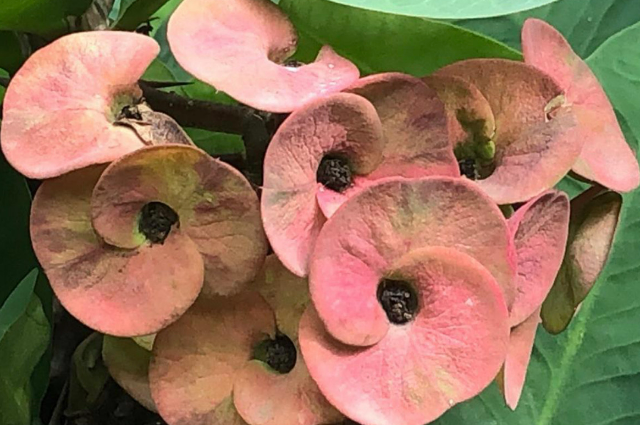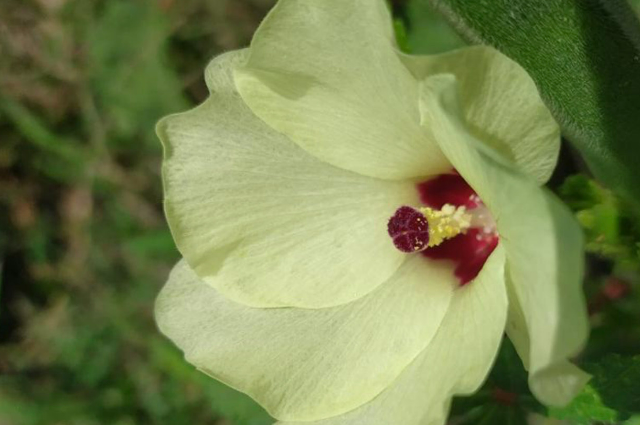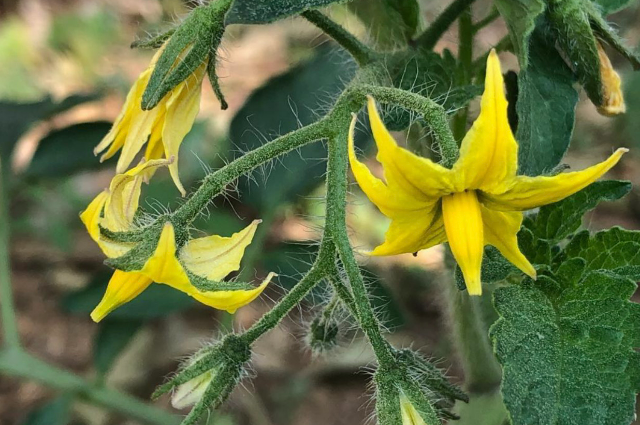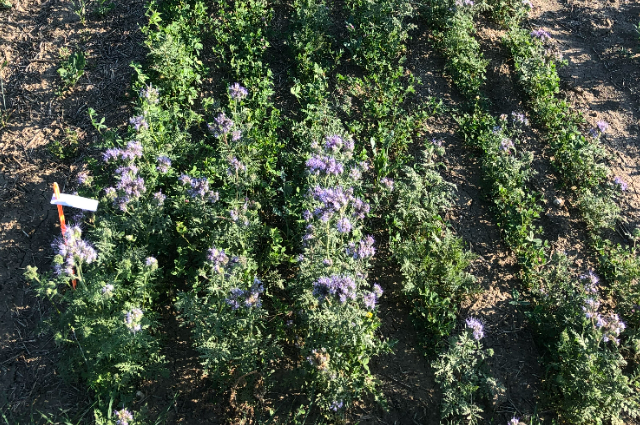It is important to under that agricultural biotechnology consists of several branches and sub branches. I think it is not only an ocean of scopes but also a tool which can if be properly operated will unearth many mysteries of science argued throughout the time. But when it comes to agricultural biotechnology this subject doesn't restrict you only to pursuing the plant-related things; but, also we can easily make a bridge or bond between plant and animal at the bee basic molecular level.

Photo credit: Saikat Kumar Basu
There are several genetic engineers available in the market who will actually contribute to this big festival of science. But when it comes to downstream processors they are handful in numbers. Extraction techniques are becoming gold standards these days and everyone is inclined to it. The lion's share of agricultural biotechnology deals with plant physiology in an advanced manner along with molecular markers. Which is a tool to play with plants and it's genomic sequence.

Photo credit: Saikat Kumar Basu
Furthermore dealing with Pharmacogsony and recombinant DNA technology is making the future prospects more broader. But prosperity comes with politics and barriers. The improper investment strategies and wrong planning in a controversial manner making agricultural biotechnology a bit more restricted and a subject not to dig in.

Photo credit: Saikat Kumar Basu
Only we can overcome these difficulties through awareness programmes, proper mental stamina to stuck into problems that are unresolved, and spread the "scopes" among the mass. Though the proper channelisation of investment and working with world-class scientists are abysmally low, but only higher educational institutes if they are ready to invest their upcoming heroes to the nation then some changes can be brought together. Otherwise, there is no point on crying on the same agenda "brain drain" Or "biotech has got no future".

Photo credit: Saikat Kumar Basu
Being a biotech person myself, I don’t believe that every problem on earth can be solved by biotech as us being projected by multinational biotech companies. Also, I don’t think it is judicious not to explore biotech at all as suggested by some intellectuals. My view is that integration of both conventional agriculture and modern biotechnology is a good approach. But biotech is still a very new area. We will have to wait and watch if genetically transformed crops are impacting food security and environment in the future. The concern is not about the success and strength of the technology; but, about future implications on global human, animal and environmental health, food production and food security. The other important and genuine concern is the fact that current biotech industrial giants have evolved from giant chemical companies.

Photo credit: Saikat Kumar Basu
Due to strict international/national laws and regulations limiting them to selling synthetic chemical pesticides, fertilizers, and other agrochemicals, they are looking for alternative approaches for earning high-profit returns. Biotech is a lucrative option for them so they can force farmers to be exclusively dependent on them for their seed source for annual crop production. Genetically modified crops can make farmers from developing and underdeveloped countries like India to become completely dependent on these rich and influential companies for generation after generation based on seed copyright issues due to their access to such patented technology.

Photo credit: Saikat Kumar Basu
No one without their permission can grow these seeds intentionally or even intentionally. This can replace our landraces developed by farmers and crop genetic diversity seriously. This can have serious future impacts on local agriculture, the economy, food production and food security, and even employment for that matter. Biotech giants provide election funds to major and minor political parties or penetrate deep inside the democratic system silently to reap their personal and business profits through their connections at high offices. These are some of the serious challenges associated with biotechnology.

Photo credit: Saikat Kumar Basu
